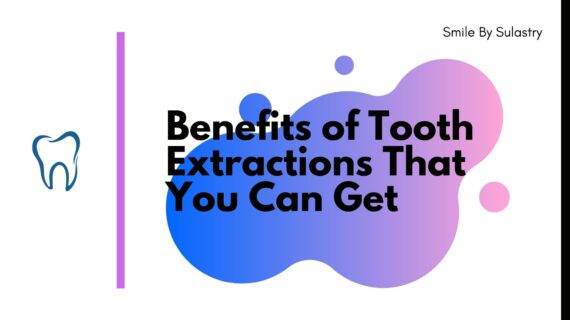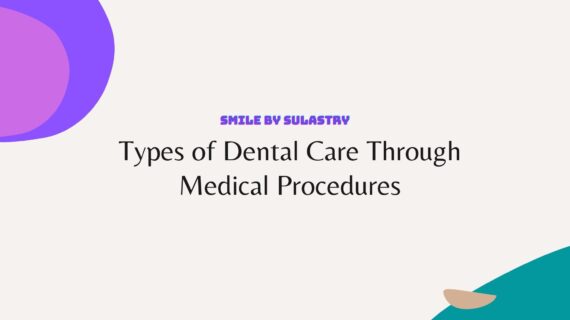Benefits of Tooth Extractions – Tooth extraction is basically a simple process. Tooth should be extracted when they are so badly damaged. Even though it seems terrible, there are various benefits of tooth extraction that can be obtained. If not removed, the damaged tooth can interfere with the health of the other teeth. Like the oral cavity, or even the whole body.
Take it easy, tooth extraction is not as scary as imagined. Tooth will be pulled out after anesthetic and the anesthetic is sure to work. However, in some cases it is necessary to cut the gums to make the teeth easier to remove.
If your tooth has been successfully extracted, the dentist will place gauze or cotton wool over your tooth extraction to help stop the bleeding. The time it takes to pull a tooth depends on the level of difficulty, usually around 10 minutes at the fastest. And the pain it causes is not very painful.
Also Read Procedure of Getting Braces That Should You Know
Various Benefits of Tooth Extractions
As said before, the tooth extraction process doesn’t hurt. But it has various benefits that you can get. Surely you don’t want cavities to stay on your gums forever. Therefore it is advisable to go to the dentist immediately. For the sake of pulling out the teeth so as not to cause gum disease. Here are some of the benefits you will get if you pull out a problematic tooth.
1. Prevent the risk of infection
If you pull out a tooth, you will be able to prevent infection of the pulp. This pulp is the root in your tooth that contains nerves. If there is a cavity or damage to your tooth, the bacteria can enter the pulp and can cause a severe infection.
Some cases of infected pulp can be treated with root canal therapy. However, in some cases, root canal therapy and antibiotic use have not helped. So, removal needs to be done so that the infection does not spread.
Apart from that, removal is also necessary if your immune system is weak. Like if you are undergoing chemotherapy or an organ transplant. This is important because infections that are supposed to be mild can become very severe if your immune system becomes weak.
2. Relieves Pain in The Gums
Persistent pain in the teeth and gums can be caused by several things. For example, infected tooth cavities, gum infections, and tooth fractures. This continuous pain can greatly interfere with your activities and even sleep. So that is the main sign that your teeth need to be removed.
3. Prevent sinus disorders
Apart from disturbing the health of the oral cavity, dental problems can also lead to sinus problems. Which results in headaches due to sinus pressure and nasal congestion. You are advised to remove the problematic tooth. So that you will also avoid sinus problems and nasal congestion.
4. Prevents Problems Due to Wisdom Teeth
Wisdom teeth generally don’t grow until your 20s. And there are already about 28 adult teeth in the mouth. At this age, there is usually no room for the molars to grow properly. There are several cases that arise, but only in part.
What causes it to happen is the forced contact of the molars with other teeth. In this condition, the newly emerged molars will push against the other teeth and cause intense pain.
In addition, teeth that appear only partially tend to be difficult to clean. And can be a build-up of bacteria that has the potential to develop into plaque that causes infection. Possible disorders include abscess, gingivitis, and dental caries.
Therefore, wisdom teeth are better removed when they start to emerge. To avoid various diseases that have been mentioned earlier.
Tooth extraction is a medical procedure that is performed on the basis of the patient’s interest and benefit. Almost all medical procedures have risks. Tooth extraction also risks causing complications, such as infection, slow healing process, pain, and numbness.
But you don’t need to worry too much, because these complications are generally temporary and not permanent. The dentist will also make preparations and provide drugs to anticipate and prevent complications from happening to you.
So, if you have a condition or disorder in the mouth and teeth area, don’t hesitate to consult your dentist. In order not to be late and it can even cause more tissue problems. Not all treatments have to involve removing the tooth. Of course, the dentist will suggest the best treatment for your condition. With the Benefits of Tooth Extractions that you can get, it can convince you to pull out your teeth and don’t hesitate anymore.

